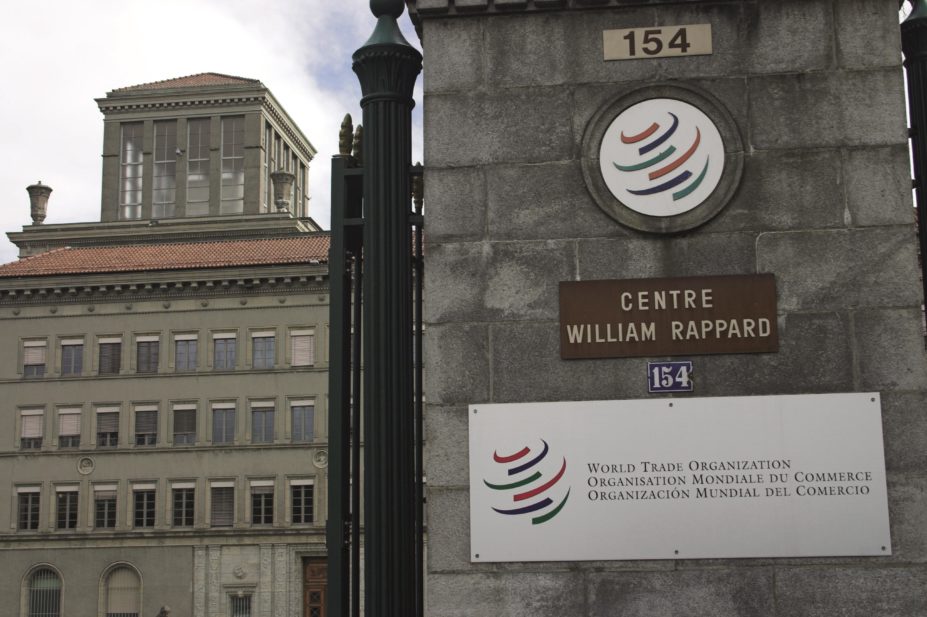
DEAN SHULTS / ALAMY
The European Union (EU) and the United States have criticised Russia’s move away from open trade and introduction of policies that discriminate against foreign imports, including pharmaceuticals and medical devices.
The grievances by the transatlantic powers were aired during a session of the World Trade Organization’s (WTO) Goods Council on 17 November 2014.
The US delegation told a closed door session of the council that it had “concerns” about an increase of discriminatory policies against imports in Russia affecting pharmaceuticals, medical devices and agricultural products, trade sources said.
The WTO’s core national treatment statute stipulates that contracting parties shall give “imported products treatment no less favourable than that accorded to like products of national origin”. Russia joined the WTO in 2012.
A report[1] by the office of the US Trade Representative on 2014 foreign trade barriers has noted that Russia’s pharmaceutical industry development plan (known as Pharma 2020) calls for Russian manufacturers to account for at least 50% of total domestic sales in terms of value by 2020.
It says Russia’s reimbursement system only allows domestic companies to request annual adjustment of prices registered by the Ministry of Health and also discriminates against US exporters.
“Balancing Russia’s desire to develop an indigenous pharmaceutical industry with market access for non-Russian firms will remain an ongoing challenge,” the report says.
A report[2] by EU Trade Commissioner Cecilia Malmström on potentially trade-restrictive measures worldwide, released on 17 November 2014, also lists the Russian development plan. It highlights that, by 2020, a seven times increase is projected in the share of high-tech products in Russia’s total production of pharmaceuticals and medical products compared with 2011.
The EU delegation told the WTO session that the experience of Russia in WTO to date has been disappointing and deplored the frequency of resorting to protectionist measures.
In response to the criticisms, Russia said it was always ready for constructive dialogue and urged members to engage in bilateral discussions on problems, if problems exist, sources said.
In 2013, the EU was the world’s top exporter of pharmaceuticals[3]
, with shipments worth US$341bn, with the United States ranked second at US$44bn, according to WTO data.
Russia’s imports of pharmaceuticals increased by 10% to US$15bn in 2013, representing the world’s sixth largest import market behind the EU (US$267bn), the United States (US$77bn), Switzerland (US$24bn), Japan (US$22bn) and China (US$16bn).


